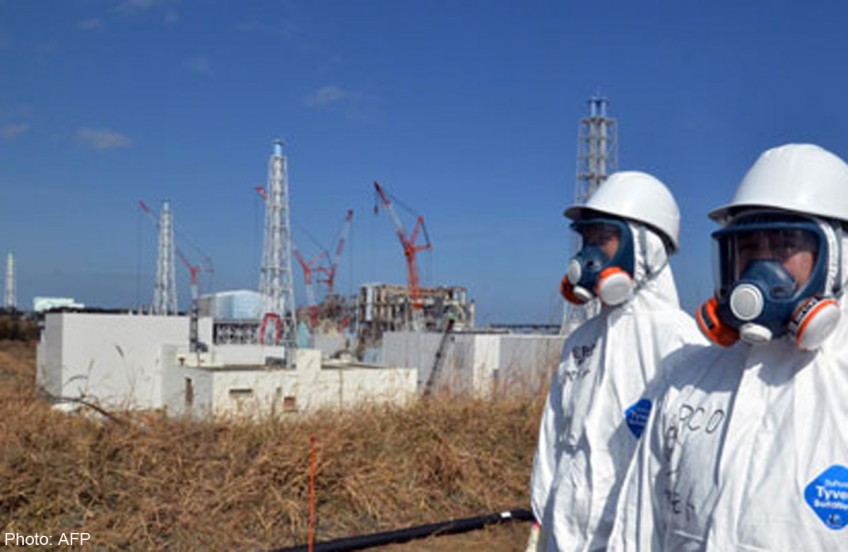Japan city launches legal bid to halt reactor build

TOKYO - A Japanese city on Thursday sought a court injunction to prevent a nuclear plant from being built, in a country that remains deeply suspicious of the technology three years after Fukushima.
Toshiki Kudo, mayor of Hakodate in Japan's north, appeared at Tokyo District Court on Thursday to demand an indefinite freeze on construction of the nearby Oma nuclear plant.
After a hiatus, building work resumed at Oma in October 2012, even as all Japan's viable reactors were shut down amid safety concerns in the aftermath of the triple meltdowns at Fukushima caused by a huge earthquake and the resulting tsunami in March 2011.
The city mayor has said Oma's operator, J-Power - a formerly state-owned electricity wholesaler - and Japan as a whole, have failed to learn the lessons from the crisis and are not doing enough to ensure communities near the power station are safe.
"After the Fukushima nuclear accident, the government expanded the zone expected to be severely affected in the case of a nuclear accident from eight to 10 kilometres (about five to six miles) to 30 kilometres around the site," Mr Kudo said on the city's official website.
"But construction (at the Oma site) resumed without any explanation to, or consent from, Hakodate city or the southern Hokkaido region," he said, referring to the northern island where the city is located.
As the first hearing got under way, the defendants - the central government and plant operator - argued that Japanese law forbade the city from filing its lawsuit in the first place, public broadcaster NHK reported.
Hakodate, on the southern coast of Hokkaido, sits partially within the 30 kilometre radius of the Oma nuclear plant site across the Tsugaru strait. Oma is at the northern tip of the neighbouring main Honshu island.
Mr Kudo said the risk from Oma would increase because the operator plans to progressively increase the use of MOX - a blend of uranium and plutonium - until it is the sole fuel.
Despite strong government support and pressure from business for reactor restarts, Japan's public remains wary, refusing to believe assurances that safety standards have been raised in an industry that was exposed by Fukushima as having been too close to its regulator.
At the site on Japan's northeast coast workers are three years into the multi-decade task of decommissioning reactors that were felled when the huge tsunami swept over them.
Tens of thousands of people are still in temporary accommodation because a large area around the plant remains evacuated and heavily contaminated, with experts warning some settlements may have to be abandoned forever.